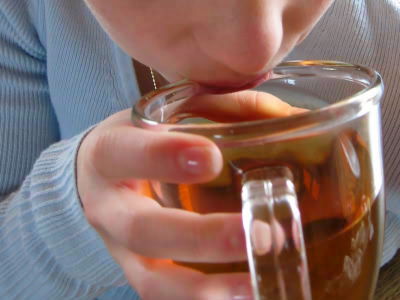Is it true that drinking coffee can help you live longer?

There are many stories about coffee being associated with good health, including
Does drinking coffee help you live longer? | Live Science
https://www.livescience.com/does-drinking-coffee-help-live-longer
According to the National Coffee Association, an estimated 517 million cups of coffee are drunk in the United States every day, making it the second most consumed beverage after water. Although many large-scale studies suggest that coffee compounds, including caffeine, may help reduce inflammation, ill health conditions, and certain cancers, these are correlations, not causation, so coffee There isn't enough evidence yet to conclude that drinking can lead to longer life. That said, it's also true that large-scale studies have shown that drinking coffee is good for your health and helps you live longer. However, McGuigan points out that there are some caveats when interpreting those results.
A 2018 study found that coffee contains over 1000 compounds. One of the key ingredients called chlorogenic acid improves glucose metabolism and insulin sensitivity, improving your ability to process sugars. A 2019 study showed that these effects reduce the risk of type 2 diabetes. In addition, studies have shown that the antioxidants in coffee have anti-inflammatory properties that help reduce cardiovascular and inflammatory diseases; studies have shown that coffee consumption reduces the risk of liver-related disease; Studies have also shown that it is associated with a lower risk of developing degenerative diseases.
But McGuigan said, ``There is a big caveat to these findings.'' Although some studies have shown that coffee is associated with a lower risk of death, drinking coffee does not necessarily mean that it promotes longevity.

In a study conducted in 2020, researchers conducted a survey to compare coffee and tea to measure the health status of the elderly. We evaluated whether drinking coffee actually promotes longevity. The study suggests that 'the amount of coffee consumed is not associated with the survival rate of older women to age 90, and the consumption of coffee is not associated with longevity.'
However, this study did not show how coffee affects men, and it was only for older people in their 60s and 90s, and it did not consider whether they were drinking coffee by the time they were in their 60s. Is not ... More evidence is needed to determine whether coffee should be consumed to extend life, but ``no coffee'' means ``no health benefits from drinking coffee. You could miss it.' Drinking a few cups of coffee a day is very safe and enough to prove 'beneficial' compared to not drinking coffee. It concludes with a complete set of data.
Related Posts:







